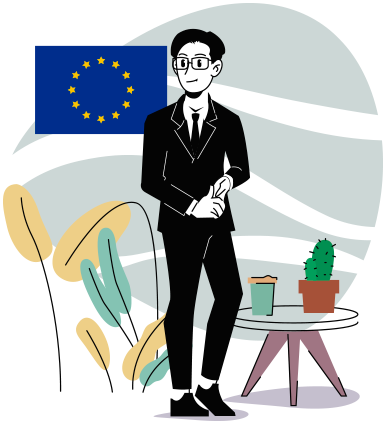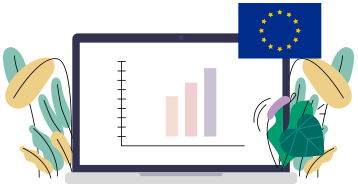
SFDR-
Sustainable
Finance
Disclousure
Regulation
What is the SFDR and how can it impact your economic activity and your investors?. Through the SFDR, the EU is looking to drive investment funds towards a more sustainable Europe.

Discussion on the Sustainable Finance Disclosure Regulation (SFDR) is becoming increasingly prevalent but, do you know what exactly it is and what it entails? SFDR is essentially a legislation designed to allow investors to navigate and distinguish between the various sustainable investment strategies available.
The EU’s SFDR serves to help investors enhance their transparency with regards to their financial products and to what degree they have environmental and social features, they invest sustainably or have sustainable objectives.
The principle motive behind this EU instated regulation is to promote sustainable development and facilitate sustainable growth striving for a greener Europe.

The principle motive behind this EU instated regulation is to promote sustainable development and facilitate sustainable growth striving for a greener Europe.
On the other hand and in order to standardise sustainable finance in a harmonised way in the European sphere, the regulation has defined a classification based on three different articles according to the level of contribution, distribution and involvement in terms of sustainability.
TYPES OF FUNDS
Article 6 SFDR
Funds without a defined ESG strategy

Article 8 SFDR
Funds that promote sustainability in a general sense.

Article 9 SFDR
Funds with concrete, defined sustainable objectives

Currently and according to the Morningstar, the rating agency for investment funds, funds classified under Article 8 and 9 according to SFDR represent close to 24% of total European funds. It is inevitable that this percentage will continue to rise, due to the continous updates to the European framework in temrs of sustainability and ESG criteria. Funds’ interest in sustainable investing and ESG has ceased and will continue to grow.

But, why is this new SFDR legislation relevant?
The European legislation looks to provide greater transparency with regards to environmental, social and sustainability criteria within the heart of the financial markets and set the standards which qualify the activity of funds. As a result of this regulation and the the resulting transparency, fraudulent activities such as greenwashing will no longer be tolerated in legal terms and sustainable investing will become increasingly responsible thanks to the classification and comparisions between funds.
This trend towards a sustainable society and the regulation of corporate activities in a legal sense will be strengthened in future, starting with the enforcement of the European Taxonomy on the 1st January 2022. This new regulation will expand sustainability indicators beyond the exclusively environmental, will avoid financial agents investing in businesses which appear sustainable but in reality are not, as well as other initiatives such as implementing ecological labels which differentiate between different organisations and their activities.

We will see how the aforementioned premises are carried out in the next year, following the enforcement of the European Taxonomy, what is evident is that the reporting requirement and commitment to sustainable development is essential and will be increasingly prevalent.
Do not fall behind in the road towards sustainable development and request your demo with us, where we will show you how our tool can offer you the solution that you need, save you time in the collection, management and reporting of data in order to comply with the current laws, including the SFDR.